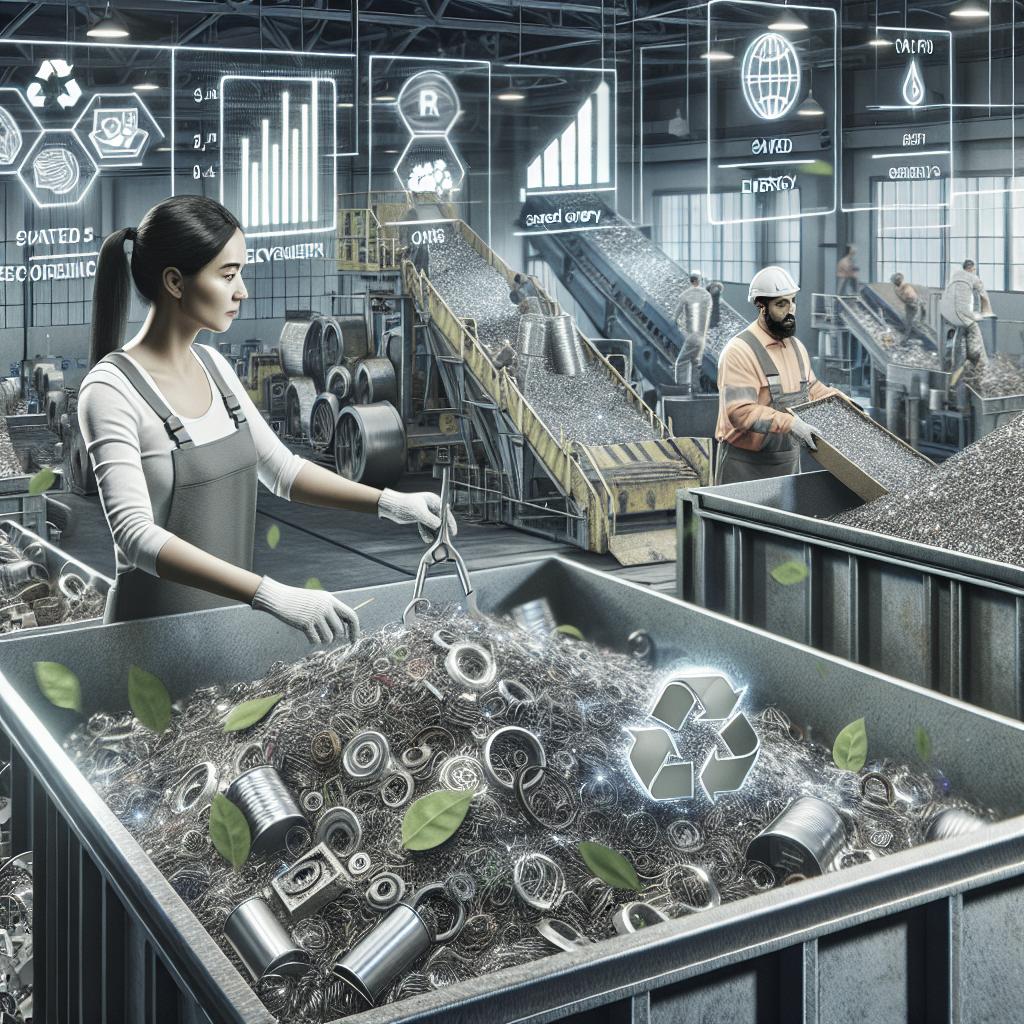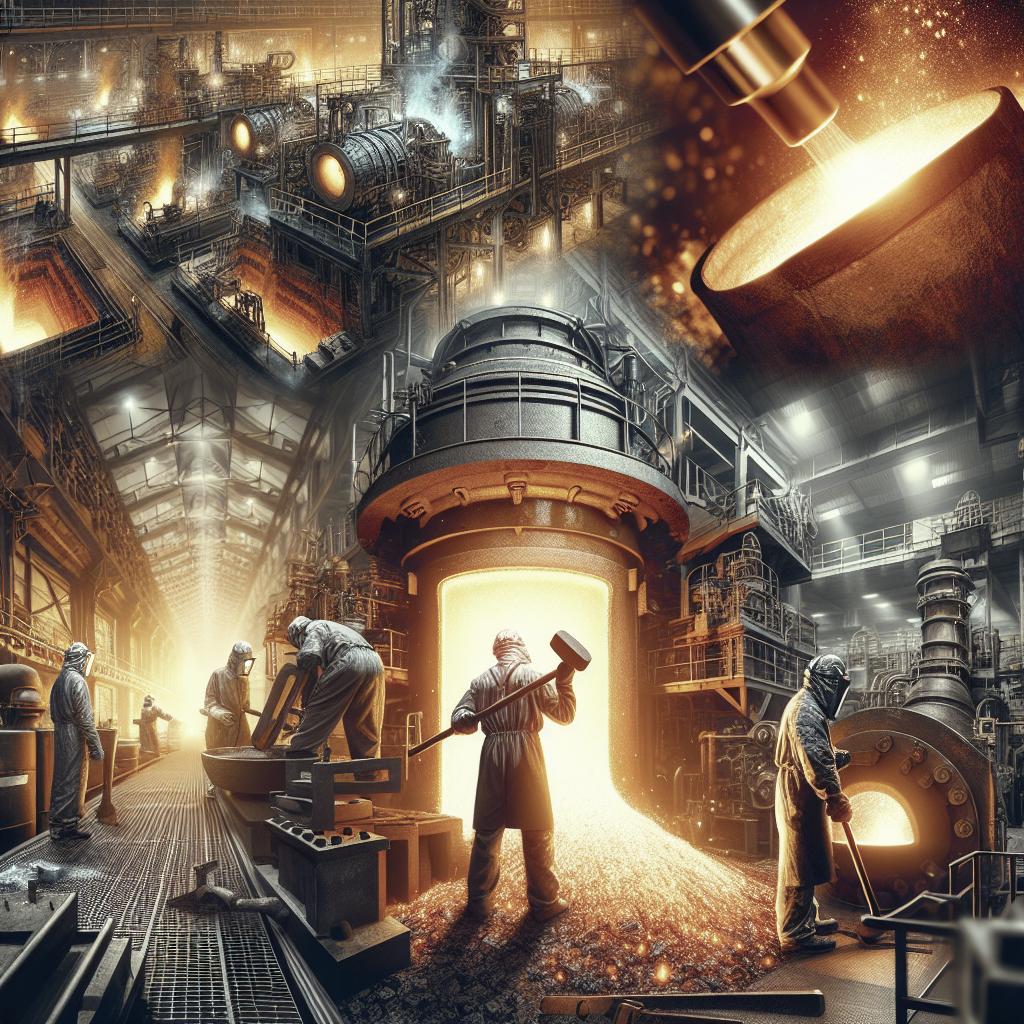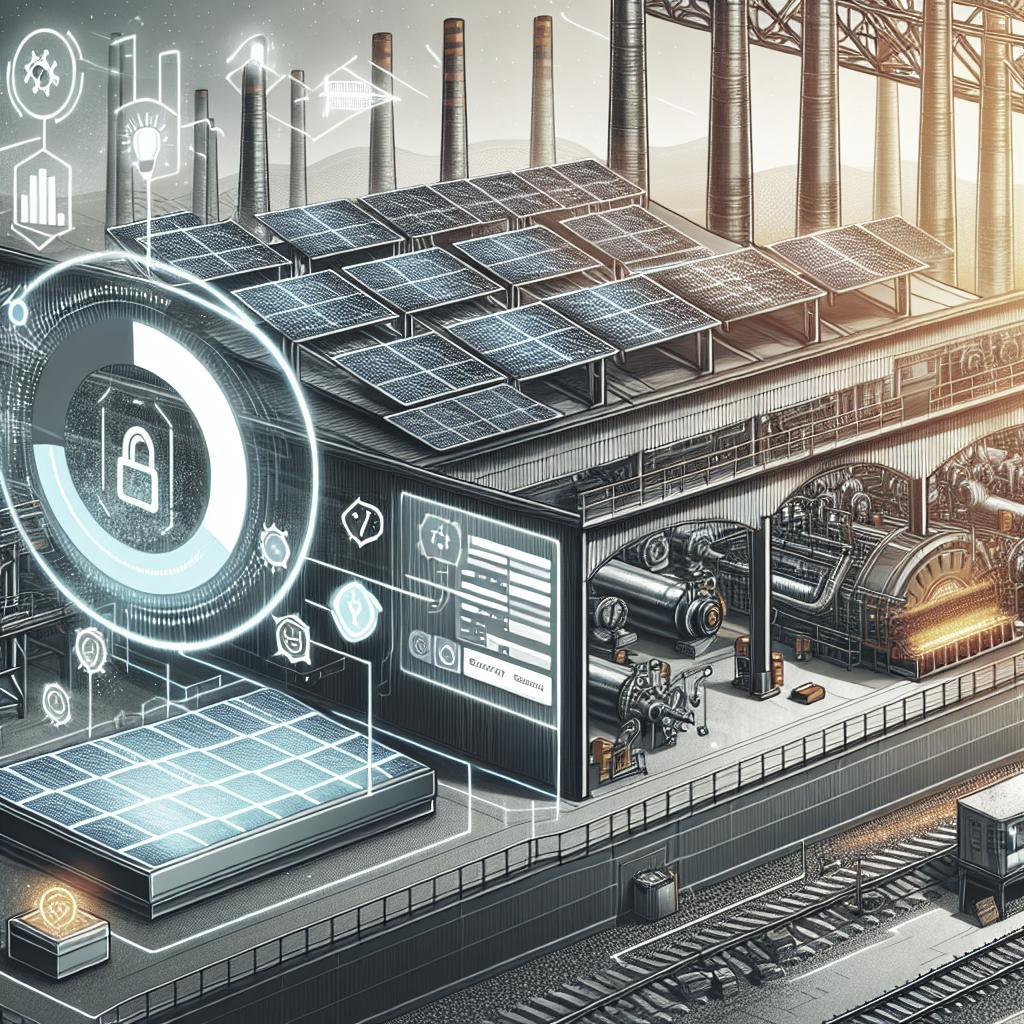<>
“`
Recycling metal is a win for both our environment and the economy. From minimizing landfill waste to conserving natural resources, the advantages of metal recycling are manifold. This blog post explores the importance of metal recycling, outlines the procedures involved, and offers insights on how to get started. Additionally, we highlight recent news in the field to keep you updated on industry trends. Whether you’re a business owner or an environmentally conscious consumer, understanding the benefits of metal recycling can make a big impact.
Thinking of recycling your scrap metal? Here’s something to convince you.
Before tossing away that old soda can or defunct laptop, consider the incredible benefits of recycling your scrap metal. By choosing to recycle, you contribute to a sustainable future where less waste clutters our landscapes and fewer natural resources are exploited. Recycled metals require significantly less energy to process compared to virgin metals, this translates directly into lower greenhouse gas emissions and a reduced carbon footprint.
Besides environmental benefits, recycling metal has economic advantages. Recycled metals are usually cheaper and use less energy to produce new metal products. This helps industries save on production costs, leading to lower prices for consumers. Additionally, the metal recycling industry provides jobs, from collection and sorting to processing and reselling materials. So, the next time you’re considering throwing away metal waste, remember that you’re also throwing away an opportunity to positively impact the economy and the environment.
Why Is It Important to Recycle Metals?
Metals are finite resources, and their extraction from the Earth is both arduous and damaging to the environment. Mining activities result in the degradation of landscapes, contamination of water sources, and emission of harmful substances. When metals are recycled, the demand for raw mining is considerably reduced, thus lessening the adverse effects on the environment.
Recycling metals also contributes to energy conservation. Producing new metal from raw materials consumes a considerable amount of energy. However, recycling metals can save up to 95% of the energy required to produce new metals. This conservation effort plays a critical role in mitigating climate change by reducing our energy consumption and lowering greenhouse gas emissions significantly.
How to Recycle Metals
Recycling metals is relatively straightforward but requires sorting and proper disposal. First, it is essential to separate different types of metals, such as aluminum, steel, copper, and iron. Each of these materials has different recycling processes and requires sorting to ensure the recycling system operates efficiently. When depositing scrap metal at a recycling facility, make sure that the metals are clean and free from contaminants to avoid any issues during processing.
Many cities have designated recycling centers or curbside recycling programs that accept metals. Check with your local waste management services for details on how to recycle metal in your area. Additionally, some retailers and manufacturers offer take-back programs for electronics and other metal items, ensuring that they are properly recycled instead of ending up in landfills.
Need Help Recycling Your Waste Metal?
If you’re unsure how to recycle your waste metal, there are several resources available. Local government websites often have guidelines and lists of recycling centers. Many environmental organizations also offer advice and support to help you recycle correctly. Don’t hesitate to reach out to these resources; they are there to help guide you in making environmentally friendly choices.
For businesses, partnering with specialized recycling companies can simplify the process. These companies often provide comprehensive services, including the collection, sorting, and processing of waste metals. By working with these professionals, businesses can ensure that their scrap metals are recycled efficiently and responsibly, contributing to a sustainable future.
Related News
The metal recycling industry is continuously evolving, with new technologies and methods emerging to improve efficiency and environmental impact. For instance, recent advancements in artificial intelligence and robotics have streamlined the sorting process, enabling recycling facilities to handle larger volumes of scrap metal more accurately and quickly. These innovations help increase the overall recycling rates and reduce waste.
Additionally, legislative changes and government incentives are promoting metal recycling on a broader scale. Regions around the world are implementing stricter regulations on waste management and offering financial incentives to businesses that invest in recycling infrastructure. Staying informed about these developments can help individuals and businesses make smarter, more sustainable choices.
Lessons Learned
The benefits of metal recycling are clear—from environmental conservation to economic savings and job creation. By recycling metals, we can significantly reduce our environmental impact, conserve natural resources, and contribute to a greener planet. Understanding how to recycle metals properly ensures that our efforts are effective and efficient.
Keeping up with related news and technological advancements in the industry can help us stay informed and make better recycling decisions. Whether as individuals or businesses, taking an active role in metal recycling will help pave the way for a sustainable future.
| Topic | Details |
|---|---|
| Benefits of Recycling | Environmental conservation, energy savings, economic advantages |
| Importance of Recycling | Reduces need for mining, conserves energy, mitigates climate change |
| Recycling Process | Sort metals, clean them, use recycling centers or take-back programs |
| Assistance | Use local resources, environmental organizations, specialized companies |
| Related News | Technological innovations, legislative changes, increased efficiency |
“`


